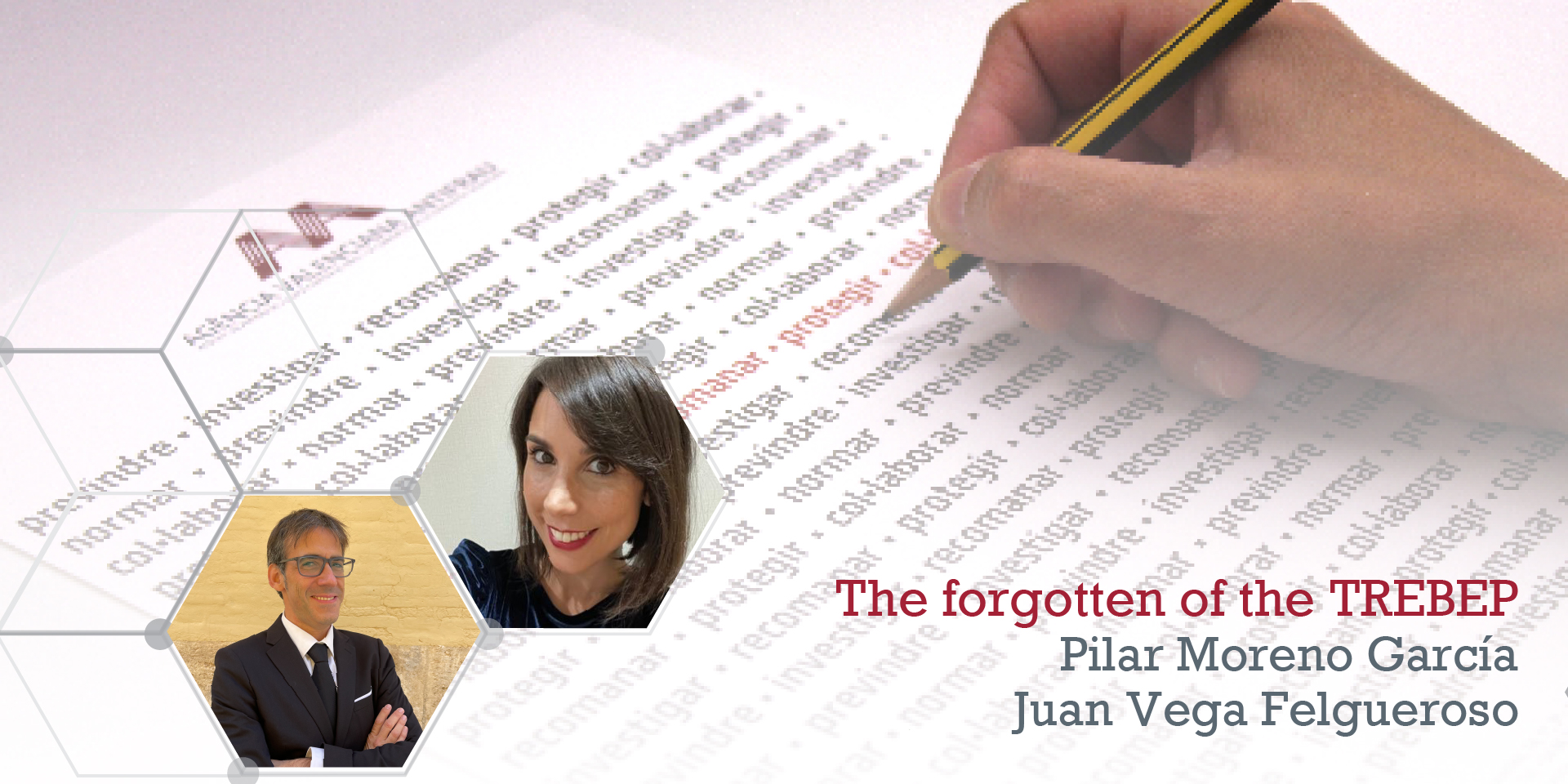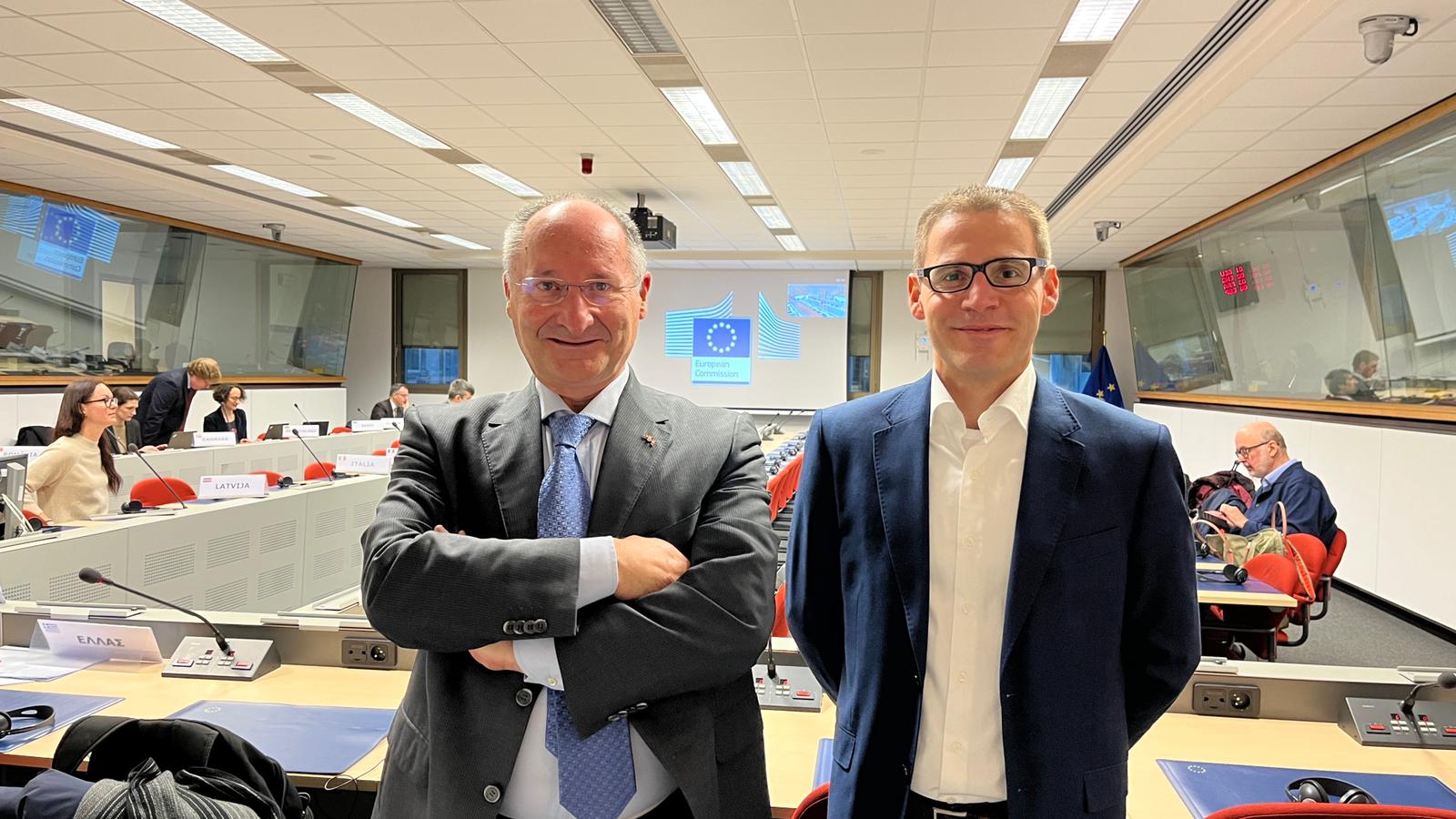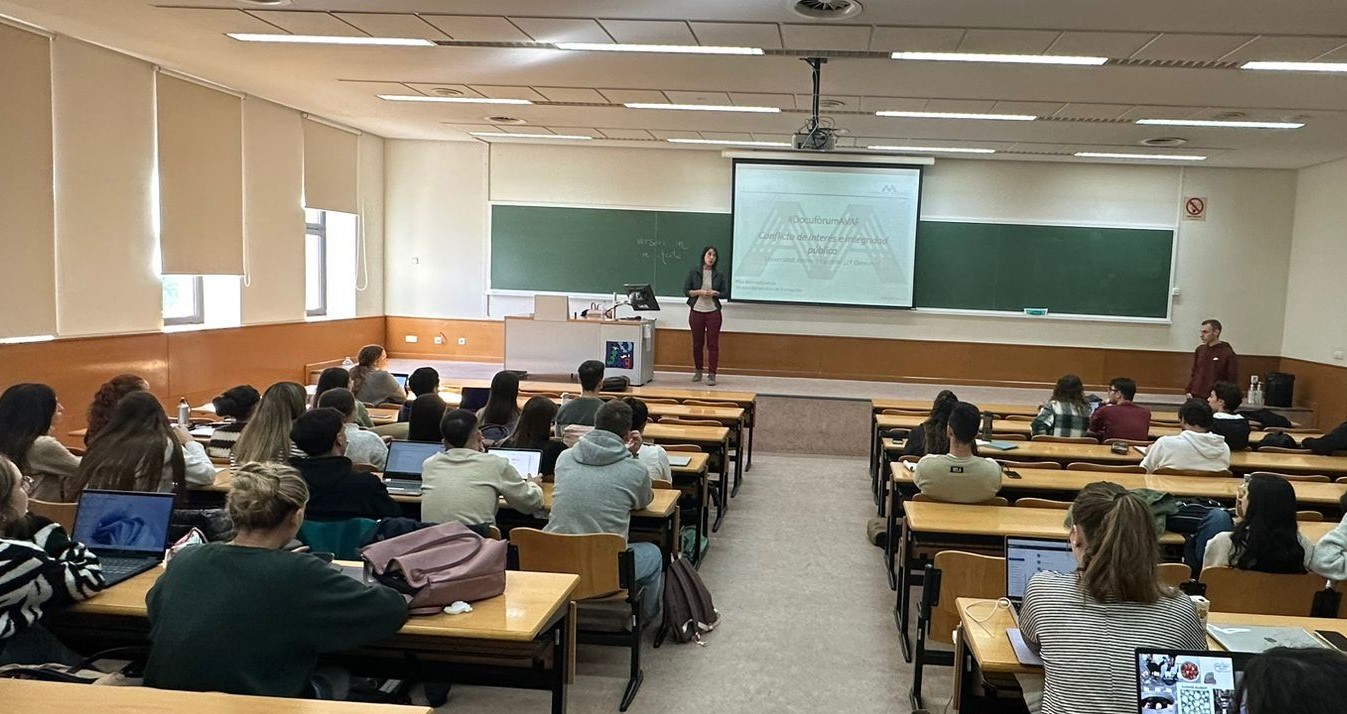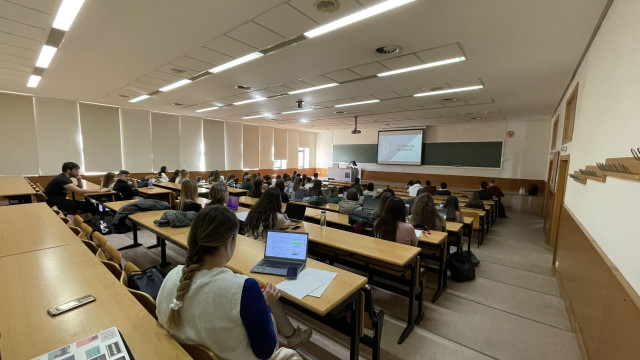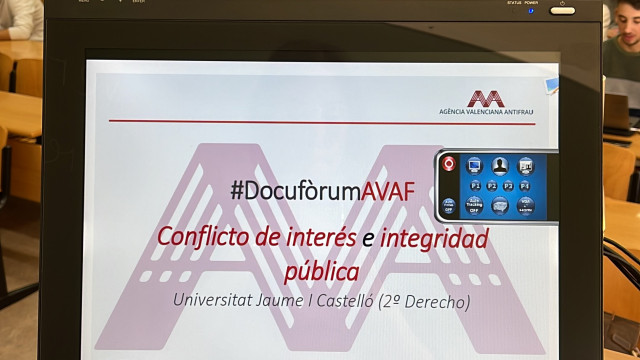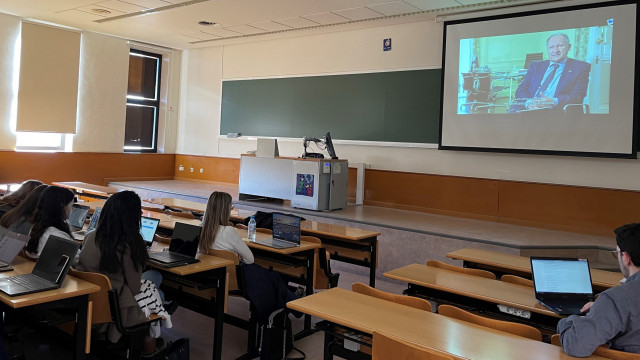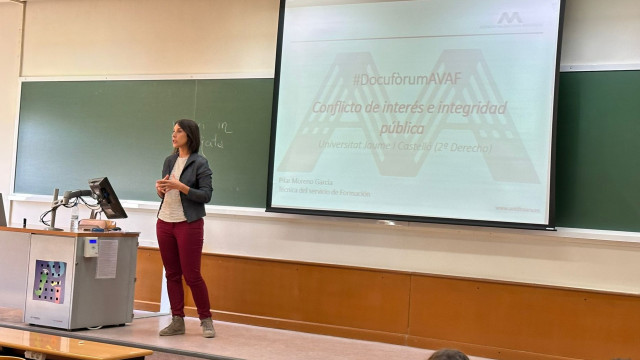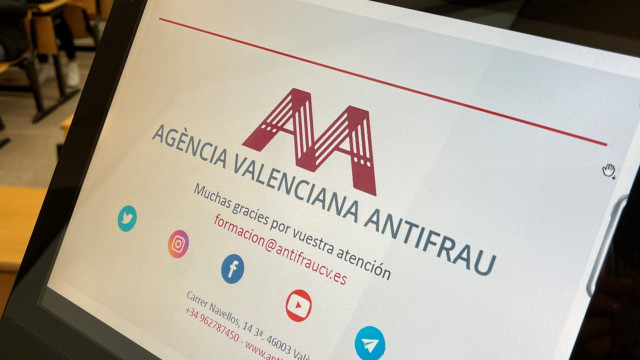Urban legends say that the most well-known and cited norm of all the legal systems in the world is the Fifth Amendment to the North American Constitution of 1791. The legal chronicles ( Swerdlow , 1982) collect as one of the historical moments of the use of the Fifth Amends the appearance of Blanche Posner, a retired teacher member of the WSP ( Women Strike for Peace ), who invoked the Fifth up to 44 times in the same hearing before the HUAC (Un-American Activities Committee). She, along with her companions, who also followed the same line of defense, added up to 145 invocations in the same process of the norm of the North American Constitution that allows witnesses to refuse to answer when the answers could incriminate them.
In the legal practice of our national legal system, the legal precepts on which there is a consensus as the most used and cited are also two articles of the 1978 Constitution, 14 and 24. The first, regulating equality, and the second, effective judicial protection and the right to defense.
On the opposite side of fame, in the place where oblivion lives, are the least used and unknown articles of our legal system, which apparently from the doctrine turn out to be articles 52 to 54 of the TREBEP.
THE FORGOTTEN TREBEP: Articles 52 to 54 of the Consolidated Text of the Basic Statute of Public Employees.
The code of conduct for public employees is largely forgotten in our administrative legal system, and it is worth noting that such abandonment has been due to both doctrine and the selection processes carried out by Public Administrations, as well as (sometimes) training that is given to public employees once they enter the public service, as, consequently, due to its lack of application, due to the jurisprudence that emanates from Courts and Tribunals.
The regulation of the code of conduct is found, to the surprise of many public employees who are unaware of this issue, included with the force of law in articles 52 to 54 of Chapter VI of Title III of Royal Legislative Decree 5/2015, of October 30, by which the consolidated text of the Law of the Basic Statute of the Public Employee is approved. The TREBEP establishes the regulation of the code of conduct for public employees (art. 52), detailing the ethical principles that must be respected (art. 53) as well as the principles of conduct to which they are subject (art. 54).
Below we will analyze and justify in this text the affirmation that the regulatory articles of the code of conduct for public employees are the great forgotten of our public legal system, having to anticipate from this moment that part of the doctrine has already been pointing to this conclusion, although without detailing and extending it, a reason that drives and justifies this work, and in this sense we have to endorse the forceful conclusion that reminds us that “the TREBEP Code of Conduct, applicable to public employees, has passed without pain or glory, as a perfect stranger” (Jiménez Asensio, 2020).
1. The doctrine: late administrative ethics and doubts about ethical codes.
Concerns for modernization and reform of the public function in our legal system have fundamentally revolved around bureaucratic, organizational, and control aspects (Irurzun Montoro, 2010). Thus, the concern of the legislator, and of a large part of the doctrine, was focused on the study of electronic administration, and very specifically on the integration of new technologies in the classic institutions of our administrative law, the study of ethics within the framework of the Administration.
It will not be until the first decade of the 21st century when the well-known and abundant cases of corruption produced in the framework of political activity -and in a related way in the Public Administrations themselves- have given rise to doctrinal reflections that would culminate in the regulation of behaviors. ethics of public activity. From this moment, a doctrinal concern for the behavior and ethical and moral qualities of public employees will be strengthened.
The doctrine has been using indistinctly, for this figure unknown up to now in our public law, the denominations of public ethics or political ethics (Villoria Medineta , 2007), seeming in our opinion more accurate the denomination of administrative ethics (Gracia Romero & Latorre Villa, 2007).
The doctrinal study of administrative ethics is based on two main pillars; on the one hand, that branch of knowledge that addresses and pursues the explanation of the ethics of the public organization itself; On the other hand, the second approach to administrative ethics deals with the study of the ethics of the personnel at the service of the Administration itself.
The ethics of public employees, in which the code of conduct is integrated, can also be analyzed from two conceptual prisms: the negative and the positive (Carro Fernández-Valmayor, 2010). The negative approach addresses the construction of a limiting ethic, that is, one that seeks to avoid fraudulent or corrupt behavior. Positive or extensive ethics, on the contrary, seeks, in contrast, an improvement or passion for the sense of public service, fleeing from the repression of behaviors to seek the promotion of values.
2. The legal effectiveness of the codes of conduct and their application by the Courts and Tribunals.
The problem of the legal effectiveness of articles 52 to 54 of the TREBEP regulating the code of conduct, despite its undoubted inclusion in a legal norm, arises from the moment the Basic Statute of Public Employees was approved in the year 2007, and this because already in that statement of reasons the legislator, after pointing out the innovation that the configuration of “an authentic code of conduct” implied in our legal system, immediately specified immediately that it was included in the Statute with ” a pedagogical and guiding purpose”.
The dogmatic difficulty that arises from the statement of reasons itself is accentuated by the literal wording of article 52 in fine, which establishes that “The principles and rules established in this chapter will inform the interpretation and application of the disciplinary regime of public employees ”. The established regulation configures the code of conduct through a deontological scheme, which gives rise to the necessary caution in its application (Irurzun Montoro, 2010).
The virtuality of the code of conduct has only been analyzed in relation to its effectiveness in punitive matters, which results in a notable limitation in its application that derives directly from the principle of criminality. Articles 52 to 54 of the TREBEP seem to lack a normative and legal nature to only hold a reference character in qualifying the table of infractions. On this issue, it is significant that the doctrine has made an effort to link the general principles of the Basic Statute with the specific cases of infractions contained in its disciplinary regulations (Palomar Olmeda, 2009).
The nature of the principle, inspiring and not directly applicable, can be seen in our contentious-administrative law system, in which the code of conduct is not the subject of litigious debates before the Courts and Tribunals. This issue arises directly from the lack of administrative application of the forgotten articles and the absence of a doctrine that strengthens the institution. The lack of practical application and doctrine on the matter causes the logical consequence that there are no judicial pronouncements on the matter.
Thus, in accordance with the latest judicial statistics related to the breakdown of the activity of the judicial bodies prepared by the Judiciary in the year 2021 [1], it turns out that the 232 Contentious-Administrative Courts, which make up the contentious instance plant of the country, knew of 25,419 matters in the field of Public Function. Likewise, due to the distribution of powers of articles 8 et seq. of Law 29/1998, of July 13, regulating the Contentious-administrative Jurisdiction, it must be taken into consideration that the Chambers of the Superior Courts of Justice also have competence for the knowledge in a single instance in the matter of public function, and it should be indicated that the 2021 statistics show a total of 9,366 matters in the matter of public function for the collegiate bodies.
Well, of the 34,785 cases that the contentious-administrative jurisdiction heard in 2021, however, and in accordance with the data published in the CENDOJ, in none of the Judgments handed down was the ratio decidendi based on articles 52 to 54 of the TREBEP, regulators of the code of conduct, which is singularly striking in the state of oblivion and non-application of these articles.
Notwithstanding everything that we have exposed so far, it should be noted that this radical oblivion of articles 52 to 54 of the TREBEP seems to have been broken, and even in the special military jurisdiction, by nothing more and nothing less than the Supreme Court , which in its recent Judgment no. 8/2022 dated 01/20/2022 [2]of the Military Chamber of the Supreme Court has come to carry out a direct and effective application of the Code of Conduct in the following terms:
“violated the principles of integrity, responsibility, exemplary character and honesty that, as a public servant, the deontological code requires her to respect, thus perfecting the disciplinary infraction […] when identifying the norm of forwarding [article 5 of the royal Ordinances for the Armed Forces in relation to article 52 of the consolidated text of the Law on the Basic Statute of Public Employees] that the type in white described by article 7.13 of the LORDFAS requires”, and in the sentence now under appeal it was established that: “A In the judgment of this Chamber, the conduct of the plaintiff today, in the way in which it has been circumscribed in our proven facts, must be examined only -among the four cited by the defendant Administration- in light of its adequacy to the principle of ” exemplary nature”, which should preside over her performance as a public servant.”
3 . Forgetting in the selection processes of public employees.
The selection of personnel at the service of the Administrations is a key and essential issue that will condition the very future functioning of the Administration. Thus, to comply with the constitutional mandate of effectiveness and efficiency, Public Administrations must have (Ramio, 2018) competent professionals with a deep vocation for public service.
The acquisition of this competence and vocation must be achieved through selection processes, the importance of which is such that their regulation has the rank of fundamental right in the 1978 Constitution, which establishes in article 23.2 CE the right of citizens to access to public service under conditions of equality, a provision that the Constitution itself extends and details in article 103.3 CE by establishing that the Law shall regulate “access to public service in accordance with the principles of merit and capacity…”
Pursuant to the provisions of the Constitution, Royal Legislative Decree 5/2015, of October 30, approving the consolidated text of the Law on the Basic Statute of Public Employees (TREBEP) establishes, in article 55, as guiding principles for access to public employment publicity, transparency, impartiality, professionalism, independence and technical discretion of the selection bodies, the adequacy between the content of the selection processes and the functions or tasks to be carried out and agility, without prejudice to objectivity in selection processes.
We will stop at this moment in the adequacy principle, which will have a striking transcendence in the comprehensive matter of the ethical codes that we are dealing with today.
The adequacy principle is the one that is predicated on the existing relationship between the material content of the selective tests and the profile of the functions of the position to which one intends to access. It is not controversial that the existence of a direct relationship between what is required for access and the work to be performed is necessary. The adequacy principle is the parameter used by the Courts and Tribunals in numerous lawsuits when elucidating the challenge of selective processes, being able to point out for its notable interest the Judgment no. 638/2019 of July 19 of the Contentious-Administrative Chamber, Section 2 of the Superior Court of Justice of C. Valenciana or Judgment no. 463/2021 of April 27 of the Superior Court of Justice of Castilla y León, Valladolid.
However, despite the normative provision of the adequacy principle, however, an analysis of the calls for the tests for access to public employment of the General State Administration proves the almost ignorance of administrative ethics and the TREBEP Code of Conduct, a positive legal norm in force in our legal system, on the agendas, and when it does so it is extremely timid and diminished.
Thus, in the syllabus of the scale of Local Administration Officials with National Qualification, entry secretary subscale, of 153 topics, only the duties of public officials are included in the heading of one topic. It is worth noting that, on a single occasion, they have opted for the selection of this matter as the object of examination. It was in the call Order HAP/2560/2014 of December 23 (BOE of January 9, 2015) when in the first free turn exercise of the secretary subscale, entry category, the opponents had the opportunity to choose the exercise of development “The new rules of application to political power: public ethics, transparency versus corruption and corporate social responsibility” [3].
It should be noted as a novelty in the latest changes to the agenda, that a new topic on ethics in the Public Administration has been incorporated: code of conduct for public employees and principles of good governance. Codes of conduct at regional and local level. The European code of good administrative conduct. Compliance in the public sector [4].
With regard to the agenda of the Superior Body of State Civil Administrators, [5]it turns out that it does not dedicate a single epigraph to the TREBEP Codes of Ethics, and only, among 166 topics of a hard and extensive program, a soulless epigraph is dedicated to public ethics.
Even more striking are the agendas of the State Advocacy [6]and the regulator of access to the Judicial Career in both modalities of Judge and Prosecutor [7]in which not even an epigraph is dedicated to the issue, being the absolute and eloquent silence.
In short, the doctrinal conclusion reached in 2010, which deserves to be quoted in its entirety, is still fully valid today: “Having said this, it seems that if we want to build on solid foundations any attempt to raise the ethical quality of our public Administrations and their servants, we The ideal is to be consistent from the beginning, and demand and value some theoretical knowledge about the principles that should guide the behavior of public employees.” (Irurzún Montoro, 2010).
4. The training of public employees in codes of conduct: a slow change.
Training is an individual right in the civil service in the terms recognized in section g of article 14 of the TREBEP. In addition, it is also considered a duty, in the form of a principle of conduct, as established in article 54.8 of the code of conduct for public employees.
The training of personnel at the service of public administrations is carried out through Training Plans, which are configured in administrative practice on a usually annual basis and based on the processes of detection and analysis of training needs, which are carried out by the technical services specialized in training of the Public Administrations themselves.
, we must move forward now that the training courses for civil servants continue to be, despite the laudable efforts and the measures that have been carried out in some singular and praiseworthy cases, a repetition or a pure complement to the previous ones. Theoretical knowledge required for access to public service. Training in ethics or codes of conduct is currently testimonial and residual, and this despite the evident importance of incorporating solid training in the ethical values that should permeate the public service into training plans (Irurzun Montoro, 2010). Training in this matter should serve to strengthen “the sense of public service and its values, the commitment to the tasks and functions of public power” (Sainz Moreno, 2004), because in this way “good habits are inculcated before they are learned the bad guys” (Nolan, 1997).
The need for training in this matter of administrative ethics in general and codes of conduct in particular, has an added initial difficulty, and it is the very lack of awareness of public employees about this need.
Thus, in the previous section, related to selection processes, we have noted that on the agenda [8]of the Higher Corps of State Civil Administrators there is not a single reference to codes of conduct. And yet, in an in-depth analysis of cases and study (Ruano De La Fuente, Crespo González & Polo Villar, 2011) in which the officials of said body were studied and questioned on whether they considered that there was an adequacy between the agenda and its destination, it turns out that up to 78.9% of the members of the Superior Corps of State Civil Administrators considered that this adaptation exists, affirming that according to their perception there are no deficiencies in their access program.
Logically, and in this state of affairs, it turns out that, if there is no prior self-perception of the evident lack in matters of administrative ethics and codes of conduct, training plans will hardly be able to include said matters, since the detection of the needs of Training is usually carried out by means of questionnaires among the public employees themselves.
Thus, it is necessary at this time not only training in public ethics and codes of conduct, but also prior meta -training on the existence of this need.
Despite the negative panorama exposed so far, it is observed that the current situation seems to be reversing in sectoral and regional spheres. Take, for example, the 2023 Training Needs Study [9]prepared by the Training Area of the Federation of Municipalities of Catalonia, in which, and without prejudice to knowing the final results, it can be seen as in the previous questionnaires prepared by the Training for public employees expressly includes the possibility for public employees to receive training on ethical codes.
In turn, the Institute of Public Administration of Asturias, in its survey of training needs for 2023, with the aim of responding to the training needs of personnel at the service of public administrations, gives the possibility of including as competencies for administrative activity, the aspects that need to be deepened in terms of principles, values and social responsibility [10].
The National Institute of Public Administration has also progressively incorporated the subject into its training programs. In 2021, the first edition of the online course “Prevention of corruption in public administrations” was held [11]by the training service of the Valencian Anti-Fraud Agency; which has held its second edition in 2022. In the same year, the Training Plan[12] For the first time, it has included a specific course on incompatibilities and conflicts of interest, with an undeniable ethical content.
The draft of the I INAP Learning Strategy (2023 – 2024) contemplates, as one of the strategic competence axes, common to all promoters of training in the State Administration, the principles and values of the Administration. This axis covers, as the document itself details, activities and contents of the selective courses, as well as activities of the general performance programs, where, among other issues, public integrity will be addressed.[13]
5. The opportunity that comes from Europe: the ethical codes in Order HFP/1030/2021, of September 29.
Regulation (EU) 2021/241 of the European Parliament and of the Council, of February 12, 2021, which establishes the Recovery and Resilience Mechanism, indicated that the procedures related to them must contemplate the requirements related to the fight against fraud and corruption.
In compliance with the provisions of the European standard, the Ministry of Finance and Public Function would publish Order HFP/1030/2021, of September 29, which configures the management system of the Recovery, Transformation and Resilience Plan, and that It is applicable to the entities that make up the public sector in accordance with the provisions of article 2.1 of Law 40/2015, of October 1, on the Legal Regime of the Public Sector, and to any other agents involved in the execution of the Plan of Recovery, Transformation and Resilience as recipients of funds, establishing the necessary procedures and instruments to ensure its coordination and monitoring.
Among the specific management principles, of obligatory consideration in the planning and execution of the plan components, the Order imposes a reinforcement of mechanisms for the prevention, detection and correction of fraud, corruption and conflicts of interest (art. 2.2.d ).
The consideration that the European regulations and the Ministerial Order of development cause a window of opportunity for the deployment of integrity and ethics in the Public Administrations has been pointed out by several authors, all of whom can be cited as a conclusion that “the requirement of plans Anti-fraud is the challenge that public administrations expected in terms of integrity and the fight against corruption” (Moreno, 2021).
The incidence of Order HFP/1030/2021 in the development of ethical codes, still to be studied, but which is being noted at this time, is based singularly on the system of annexes to the Ministerial Order. The most relevant annex in the field of prevention is Annex II.B.5, which presents a self-assessment of various critical aspects that must be taken into account for access to European funds. Thus, in the self-assessment test , the following questions are specifically provided for in sections 5 and 6: “5. Is a code of ethics disseminated and is information about the gift policy?” and “6. Is training provided that promotes Public Ethics and that facilitates the detection of fraud?
Everything seems to indicate that the inclusion of the questions in the self-assessment test will encourage the Public Administrations to prepare their ethical codes, serving the Order of the Ministry of Finance and Public Function 1030/2021, of September 29, “as the opportunity to initiate a paradigm shift in local entities and the path towards a complete institutional integrity system” (Moreno, 2021).
6. Conclusions. Towards the end of the oblivion of the TREBEP code of conduct.
In view of all the foregoing, we conclude that there is currently a confluence of circumstances that may lead to a strengthening of the application of the TREBEP code of conduct. And very specifically, among the cornerstones that will allow articles 52 to 54 to obtain the recognition that corresponds to them, in view of the importance of the regulated matter, the following enumeration can be made:
1.- The jurisprudence of the Courts and Tribunals, which had practically never ruled on articles 52 to 54 of the TREBEP, currently has the striking novelty that the Supreme Court, even through its Chamber of the Military of special jurisdiction, has issued a Judgment dated January 20, 2022, granting for the first time an effective and direct nature to article 52 of the TREBEP.
2.- The issuance of the Order of the Ministry of Finance and Public Function 1030/2021, of September 29, constitutes a real opportunity to promote, through the application of the code of conduct, the paradigm shift in local entities and the path towards a complete system of institutional integrity.
3.- The inclusion in the latest training plans executed, both by the INAP and by similar regional entities, as well as the line that is observed in the preparation of the plans projected for the year 2023, denotes a concern in the Public Administrations of provide its staff with training and a culture of integrity and codes of conduct that will have future significance.
4.- On the contrary, and as a negative element of the change, it should be noted that it is not appreciated in the selection processes, especially in the syllabi prepared and in force to date, that the Administration is demanding and duly valuing theoretical knowledge on the principles that should guide the behavior of public employees, which would be desirable.
[1]https://www.poderjudicial.es/cgpj/es/Temas/Estadistica-Judicial/Estadistica-por-temas/Actividad-de-los-organos-judiciales/
[2]https://www.poderjudicial.es/search/AN/openDocument/3524708a249a61ed/20220131
[3]https://sede.inap.gob.es/habilitados-convocatorias-anteriores
[4]https://www.boe.es/boe/dias/2022/11/11/pdfs/BOE-A-2022-18490.pdf
[5]https://www.boe.es/boe/dias/2022/01/11/pdfs/BOE-A-2022-405.pdf
[6]https://www.boe.es/boe/dias/2016/06/09/pdfs/BOE-A-2016-5634.pdf
[7]https://www.boe.es/diario_boe/txt.php?id=BOE-A-2022-17993
[8]See Note 5.
[9]http://formacio.fmc.cat/09/adminweb/arbre_usuari.asp?uidus=%7B1EA5C649-5296-45CE-8A0C-81D11567D67E%7D&uidar=%7B1B8D90B5-2F5F-4545-BCB8-255BC599CB06%7D
[10]https://iaap.asturias.es/-/encuesta-necesidades-formativas-2023?redirect=%2F
[11]https://buscadorcursos.inap.es/fichacurso/25945
[12]https://www.inap.es/documents/2115499/0/Plan+Formacion+INAP+2022.pdf/287432c7-7684-b8a5-aa89-be04564c0e56
[13]https://www.inap.es/documents/2115499/0/Borrador+Estrategia+de+Aprendizaje+INAP+23+-+24.docx.pdf/4ed00742-7eec-3f1f-bb10-04decf8f8faf
Article written by:
Pilar Moreno Garcia, Agency training technique
Juan Vega Felgueroso, Lawyer of the Agency
BIBLIOGRAPHY
- Carro Fernández-Valmayor, J.L. (2010) Ética pública y normativa administrativa. Revista de Administración Pública, núm. 181, enero-abril, págs. 9-37
- Chaves García, J. R (2022) Vademécum de oposiciones y concursos – Controles de la discrecionalidad técnica, errores y abusos en los procedimientos selectivos. Amarante.
- Garrido Falla, F. (1985) Reformas de la función pública. Tecnos.
- Gracia Romero F. M.ª y Latorre Vila, F. M.ª (2007). Ética administrativa: reflexiones desde la función pública. Revista Aragonesa de Administración Pública, núm. 31, diciembre, págs.137 y ss.
- Irurzun Montoro, F. (2010) Ética y responsabilidad en la Administración Pública. Revista Documentación Administrativa, núm. 286-287, enero-agosto, págs. 79-111
- Jimenez Asensio, R. (2020) Gobernanza ética e integridad institucional. https://rafaeljimenezasensio.com/2020/05/27/gobernanza-etica-e-integridad-institucional/
- Moreno García, P. (2021). Obligaciones y retos en la creación de planes antifraude en las entidades locales: repercusiones de la Orden HFP/1030/2021, de 29 de septiembre. Revista El Consultor de los ayuntamientos y de los juzgados, núm. 12.
- Nolan, L. (1997) Jornadas sobre ética pública, (pag. 32) MAP
- Palomar Olmeda, A. (2009) Derecho de la función pública, 8.ª ed., Dykinson.
- Parada Vázquez, R. (2007) Derecho del empleo público. Marcial Pons.
- Ramio. C. (2018) La mejora de los procesos de selección de los empleados públicos. https://www.administracionpublica.com/la-mejora-de-los-procesos-de-seleccion-de-los-empleados-publicos/
- Rastrollo Suárez. J.J. (2016) Revista española de Derecho Administrativo núm. 175/2016 parte Crónica.
- Ruano de la Fuente, J.M. Crespo González,J. y Polo Villar, C. (2011) Los funcionarios ante el espejo. Análisis del ciclo de la selección de personal en la Administración General del Estado. INAP.
- Sainz Moreno, F. (2004) Ética Pública Positiva, en Estudios para la reforma de la Administración Pública, (pág. 517). INAP.
- Swerdlow, A. (1982) Ladies’ Day at the Capitol: Women Strike for Peace versus HUAC. Feminist Studies Vol. 8, No. 3 (Autumn), págs. 493-520
- Villoria Mendieta, M (2007). Ética postconvencional e instituciones en el servicio público. Revista de Investigaciones Sociológicas, núm. 117, págs. 109 y ss


